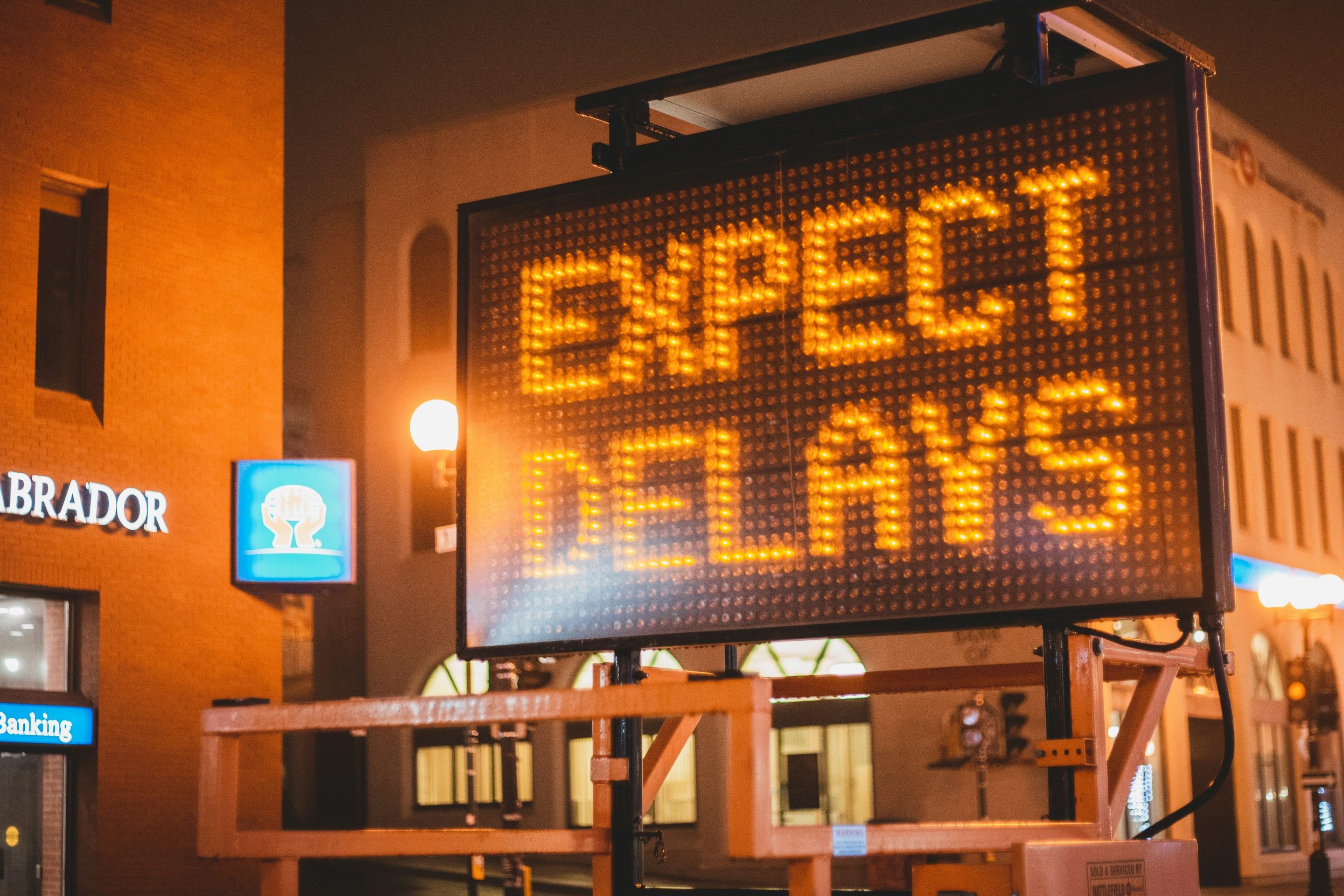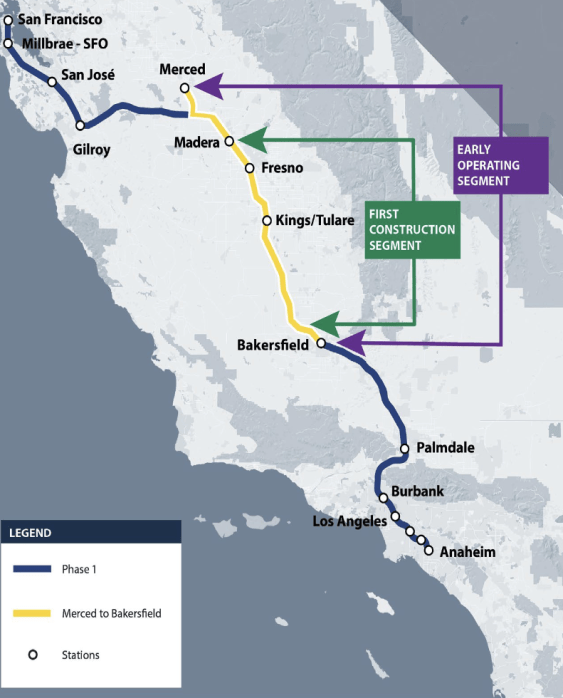"We know we don’t have the votes."
With those seven words last Thursday, Senate Majority Leader Harry Reid dashed hopes for a comprehensive climate bill. Prospects also dimmed for a transportation component in the final energy legislation that emerges from the Senate. Reid is expected to announce that plan later today.
Up until Reid's announcement, advocates for transportation reform had reason to believe the Senate bill might include some form of action to improve fuel
efficiency, increase transit options, and encourage more sustainable land use patterns -- ideas drawn from the Oil Independence Bill introduced by Oregon Senator Jeff Merkley. The oil independence legislation contained elements of Delaware Senator Tom Carper's "CLEAN-TEA" bill, introduced in March 2009, which would have funded the planning and implementation of green transportation projects with revenues from a carbon emissions cap-and-trade system.
Instead, Reid indicated that his bill will likely contain language dealing only with the Gulf oil spill and some energy efficiency provisions.
"The package that Reid announced [Thursday] doesn’t address climate
change at all,” said Colin Peppard, deputy director of federal
transportation policy at the Natural Resources Defense Council. "What we were
hearing from staff on the Senate side is that basically up until pretty
close to Reid’s announcement, there was still consideration for pieces
of the Merkley bill."
Reid’s announcement “took the entire environmental community off-guard,” said Stephanie Potts, a policy analyst with Smart Growth America.
While the Deepwater Horizon catastrophe became an emblem of the need to wean the nation off oil, it did not stiffen many spines in Congress. In fact, said Potts, the Gulf spill may have worked against a broader
climate bill by narrowing the avenues for compromise and horsetrading.
Without expanded offshore drilling as a bargaining chit, there were few
lures to win the votes of some recalcitrant Senators, especially those from coastal states.
In the end, the globs of brown in the Gulf of Mexico didn't overcome the absence of will to raise revenues. "The biggest obstacle is lack of funding," said one source close to the legislation, who said some transportation component may still surface in the final bill. "[Reid's bill] has not been released. There are opportunities to effect influence on that legislation, that bill, via amendments."
The source said that as a standalone measure, however, the Merkley bill is a “very difficult prospect.”
Some advocates also described the climate bill as a casualty of the Obama administration's decision to focus first on health care legislation and then the recently-passed financial reform bill. “I think it’s been a timing issue in large part," said Matt Mayrl, policy director for the California-based Apollo Alliance, which works toward “a green energy revolution.” “In terms
of oxygen the Senate has to operate, the time is not there.”
There are still opportunities to reform U.S. transportation policy this year. Potts pointed to a lame duck period in late fall and early winter as the next best opportunity to push through another version of Carper or Merkley’s bills. She also said it is important to continue to explain the benefits of transportation reform.
“We’re trying to work with Congress to educate them on how smart growth works around communities,” Potts said. “It’s not all transit... it really works in communities of all sizes.”
And components of the Merkley bill will re-surface in the fight to encourage alternative energy use and more transit options. “We think that the Merkley bill is great place to start,” Peppard said. "We are working with the House and Senate this year into next year and we are making a big push to build support for those initiatives."
For now, all eyes are on the bill that Reid will introduce later today. Despite the seeming finality of last week’s announcement, there is still a chance some components of the Merkley bill will be included. One source close to the legislation said simply, “All hope is not lost.”





